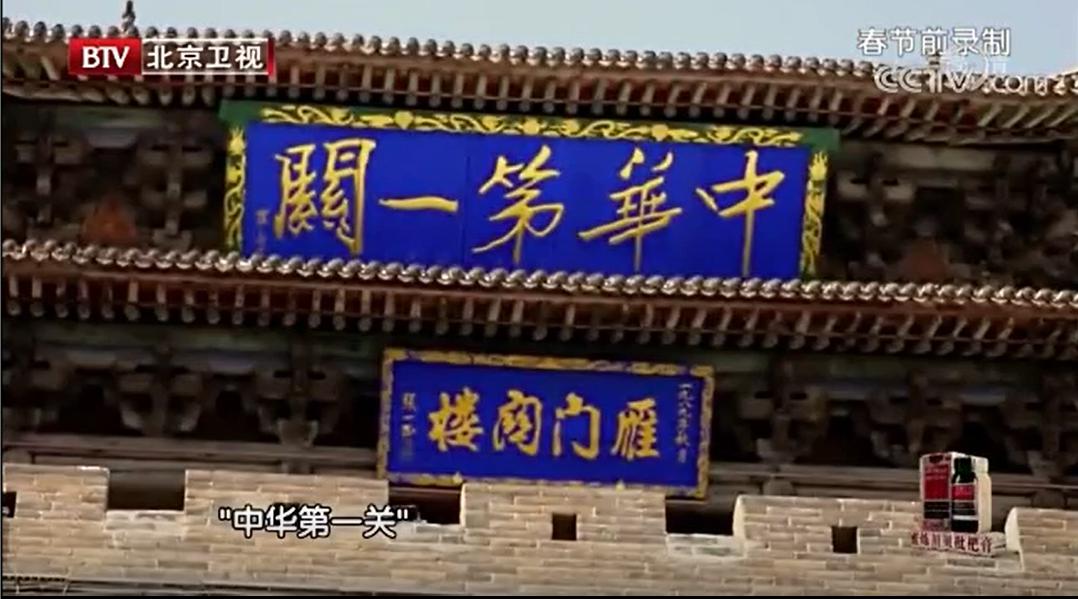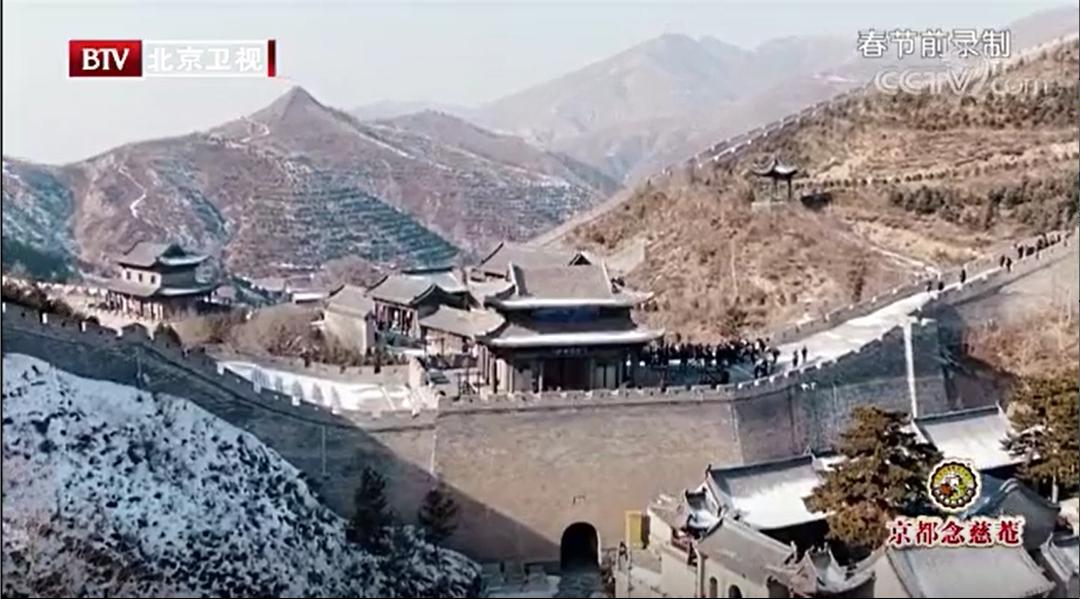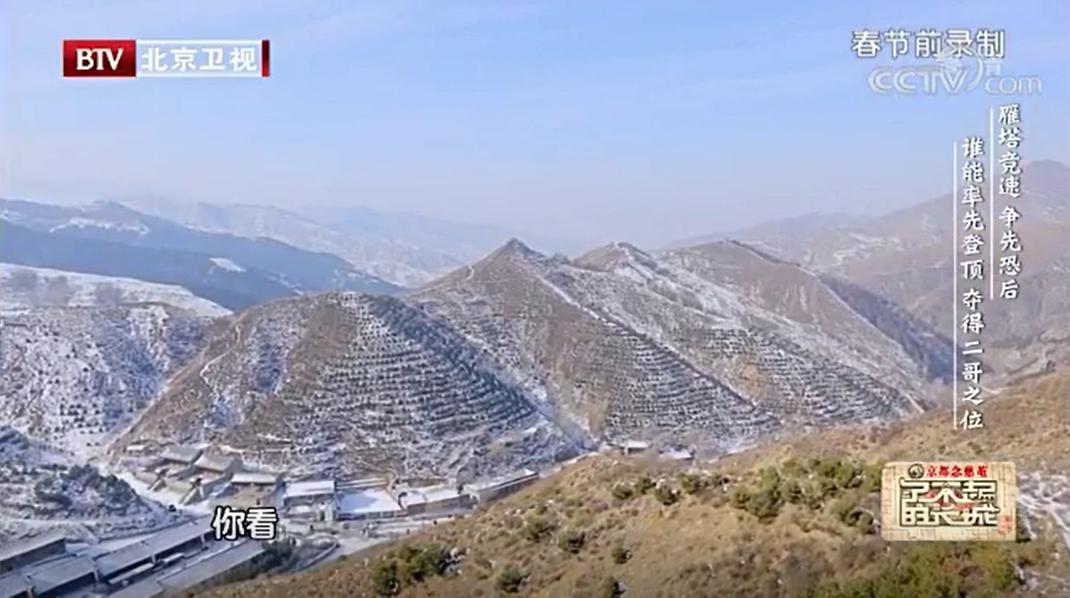YINTAI
EN | 中文
- ABOUT US
- OUR BUSINESS
- SOCIAL RESPONSIBILITY
- NEWS CENTER
- JOIN US
- En|中文
On March 28, the latest episode of The Great Wall, the first international Great Wall cultural experience documentary screened by Beijing TV Station, featured Yanmen Pass Scenic Area, dubbed the "First Pass of China", a tourist destination operated and managed by Yintai Tourism. The program comprehensively displayed the majestic scenery of Yanmen Pass, as well as its rich and colorful historical and cultural connotations.

As the nation's COVID-19 situation continues to improve, Yanmen Pass Scenic Area has reopened. Every detail of the epidemic prevention and control measures has been adopted to ensure that our visitors will have fun to their heart’s content and safely.
Yanmen Pass, first built during the Warring States period and dubbed the “First Pass of China”, was a strategic choke point on the Great Wall. It is now a state 5A-class scenic spot, and a key scenic spot operated and managed by Yintai Tourism.

The 3,000-year-old impregnable Yanmen Pass has witnessed numerous famous historical events such as King Wuling of Zhao reforming battle uniforms and laying the foundation for integration between ethnic Hans in Central China and northern nomadic tribes, the Battle of Baideng, Wang Zhaojun departing for the frontier. Of all the Great Wall passes, the geographically hazardous Yanmen Pass was the first to be built, and where the most battles were fought.
In February 2020, to pay tribute to frontline medical workers who had been combating the epidemic fearlessly, Yintai Tourism announced that all medical workers nationwide would be granted free admission to all the scenic areas it operated, including Yanmen Pass, from the day these reopened until December 31, 2020.

To provide visitors an environment where they can enjoy themselves with peace of mind, Yanmen Pass Scenic Area has adopted a series of anti-epidemic measures and have rigorously achieved its nine commitments, namely, safe and orderly resumption of work, strict controls over visitor quotas, daily disinfection and ventilation, staff body temperature monitoring, wearing masks on entering the scenic area, setting up facilities for hand washing, contactless admission services, online public anti-epidemic information, and free refund of admission fees. Visitors can visit as usual, and have fun with peace of mind.